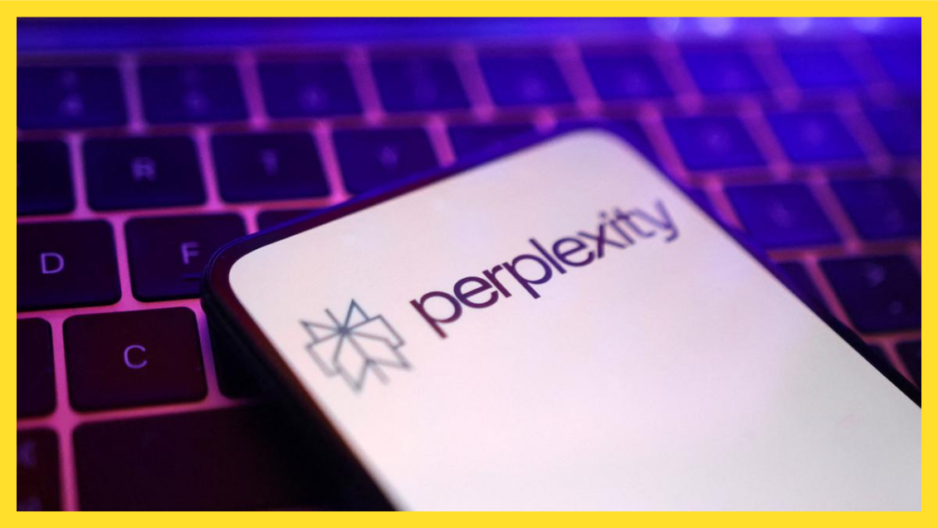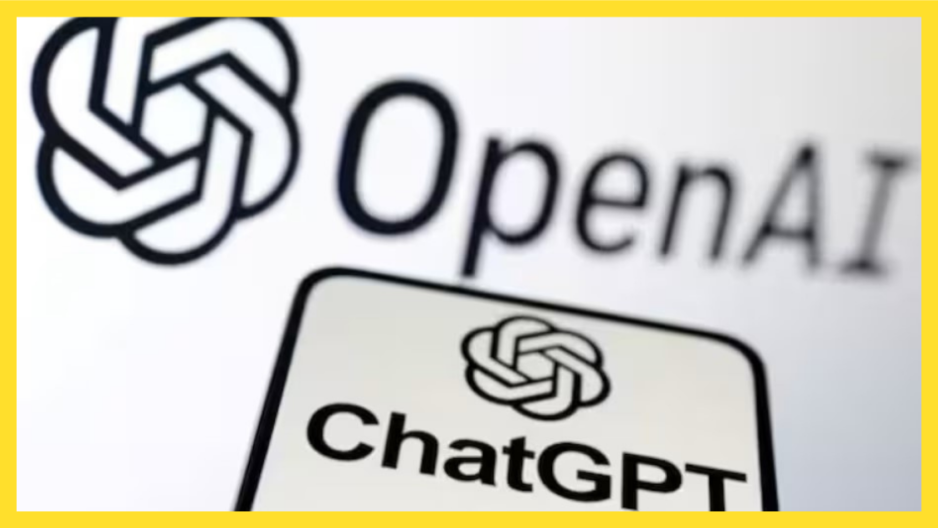Perplexity has launched a new, transparent revenue share program for publishers, aiming to compensate media outlets when their content is used or referenced in AI-powered search results and tasks.
How Perplexity’s Revenue Share Works
Perplexity’s initiative introduces a subscription tier called Comet Plus, priced at $5 per month, that enables publishers to earn money through three channels:
- Users will now be directed straight to publisher websites via the Comet browser.
- When publisher content is cited in search answers.
- When the AI agent uses content to fulfill user tasks.
Unlike traditional ad-supported models, this program pools subscription revenues and distributes 80% directly to publishers, with Perplexity keeping 20% for operational costs.
Funding and Payouts
The program starts with an initial $42.5 million revenue pool dedicated to publisher compensation, with plans to grow this fund as subscriptions increase. Payments will be calculated based on how frequently a publisher’s content is used in AI search results, cited in answers, or utilized by AI agents.
Industry Impact and Reception
This model is one of the first by an AI startup to transparently share revenues based on actual content usage, representing a shift from the multimillion-dollar exclusive licensing deals common with AI giants like OpenAI and Google. This move comes as a response to criticism that AI tools exploit journalism without fair return and is intended to set a more balanced compensation model in the age of AI.
Publisher Participation
Perplexity is actively seeking major publishing partners and has previously worked with outlets like TIME, Fortune, the LA Times, Blavity, and Der Spiegel. While specific new partners for Comet Plus haven’t been disclosed, the company emphasizes that the program is open to collaboration and feedback from the media industry.
The Fresh Take
With the launch of Comet Plus and this revenue-share model, Perplexity is attempting to set a precedent for sustainable media monetization in the AI-driven web. It emphasizes transparency, direct payouts based on actual usage, and an open invitation to publishers to help refine the system—moving beyond ad clicks and traffic, toward a business model designed for the modern search experience.










